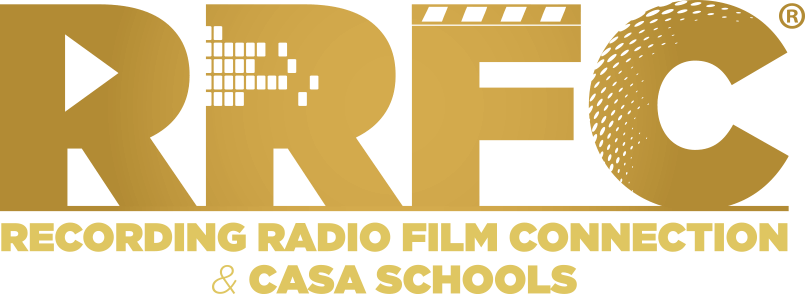
Want to Succeed? Embrace Pragmatism.
Commercial art, whether it’s film, music, or illustration is entirely based on deadlines. It’s all about getting from point A to point B as fast as and efficiently as possible so that you can get the work in on time and with little need for revision. Working in the industry is all about being an intelligent, creative person, and working within the parameters you’re given to deliver professional caliber work on a regular basis.
When you work in a commercial industry there’s no time for writer’s block, for losing an artistic muse, or sitting in front of a blank page and wondering about why, how, and where. You simply must turn in that piece of music, that edited VFX shot, or inked-in illustration on time. Why? Because this isn’t about you and your art. When you work commercially, you’re part of a larger whole, one gear of a magnificent machine.
When we’re first making the transition from frustrated creative to working creative, a professional mindset can be hard to adopt. But consider this. You have daily chores, things that must get done: dishes to wash, laundry to do, kids to put to bed. Then, there’s also that episode of The Walking Dead you’ve just got to watch. You just absolutely need to do all these things before you sit down and work on your freelance project.
Stop making the freelance work the last thing you do. Instead make it the first. Start your work early in the day, even if it’s just to get the ball rolling. Sitting down and working on the few initial steps will help light the spark and tell your brain, “Hey, this is important stuff.” Whereas leaving the creative work off until the last minute implicitly tells your subconscious that your work isn’t all that important. Start every day doing the work you want to do professionally, even if that means working for only 15-20 minutes before you have to get to your regular 9-5 job. Feed the creative beast first thing in the morning and you’ll find you work up quite an appetite throughout the day.
Another remedy for creative paralysis is to plan things out before you start. Working on a larger project can seem daunting and completely impossible to get started on. That’s not the case if you break it down into smaller parts, plan out how much work each segment will need and then approach each segment accordingly.
There’s also something to be said for momentum. If you’ve been working on a project steadily for a few days in a row, don’t stop. Breaking your momentum can really interfere with your creative process. It doesn’t feel like it in the moment, of course. You’re just sitting there thinking, “I’m ok. I’ve got some time before this project is due. I’ll just work on it tomorrow.” But in reality, taking a day off means that you’re breaking the natural rhythm you’ve got going for yourself. So, starting tomorrow means starting from zero. When you do sit down and start to work on it again, it’ll likely feel it twice as hard.
As a creative individual who’s aspiring to work commercially and make a good living at it, it’s important to hold yourself to a high creative standard. Strive to get better. Sometimes we have to backtrack a bit to learn the basics of something, don’t let that deter your progress. Push yourself to improve. Learn new ways to accomplish tasks. Show up for your creative side and be pragmatic about it. You’ll soon find, your creative self loves getting the time and respect it deserves.
Become the best creative professional you can be by showing up for you and your work. The road to great art and great commercial success is paved with hard work and diligence. Stop wondering, stop worrying. Embrace a pragmatic approach and do! You’ll be much happier for it in the long run.
Learn more about no-nonsense, pragmatic training in film, music production, radio broadcasting and the culinary arts:
www.filmconnection.com
www.recordingconnection.com
www.radioconnection.com
www.culinaryconnection.com



